The Supreme Court is set to hear arguments on Wednesday regarding the legality of President Donald Trump's sweeping new tariffs, a move that has sparked debate among trade experts. Former Commerce Secretary Wilbur Ross, who helped design the first wave of Trump's steel and aluminum tariffs during his first term, believes the president has become too committed to the tariff to backtrack even if the court rules against him.
According to Ross, a total defeat from the Supreme Court is unlikely, but even if it comes, Trump is unlikely to walk away from the tariffs. "Hes too invested," Ross said in an interview with Fortune. "If they lose, I don't think he's just going to say, Well, okay, it didn't work under this law, I'll give it up." Ross's comments suggest that Trump's commitment to the tariffs has become a matter of principle, rather than a purely economic decision.
The tariffs in question were imposed by Trump in 2018, with the aim of protecting American industries from foreign competition. The move was widely criticized by trade experts and foreign governments, who argued that it would lead to retaliatory measures and harm the global economy. The Supreme Court's decision on the tariffs is expected to have significant implications for the US economy and global trade.
Ross's comments are significant because he was one of the key architects of Trump's trade agenda. As Commerce Secretary, he played a crucial role in designing the tariffs and negotiating with foreign governments. His views on the tariffs offer insight into the thinking behind Trump's trade policy and the potential consequences of the Supreme Court's decision.
Other trade experts have expressed skepticism about the tariffs, arguing that they are a form of protectionism that will ultimately harm American businesses and consumers. "The tariffs are a tax on American consumers and businesses," said a spokesperson for the National Retail Federation. "They will lead to higher prices and reduced economic growth."
The Supreme Court's decision on the tariffs is expected to be announced in the coming months. In the meantime, Trump's commitment to the tariffs remains a topic of debate among trade experts and policymakers. While Ross believes that Trump is unlikely to backtrack, others argue that the president may be forced to reconsider his position if the court rules against him.
The case is expected to have significant implications for the US economy and global trade. If the court rules against Trump, it could lead to a significant shift in the president's trade policy and potentially undermine his commitment to protectionism. On the other hand, if the court upholds the tariffs, it could embolden Trump to pursue further protectionist measures, potentially leading to a trade war with other countries.



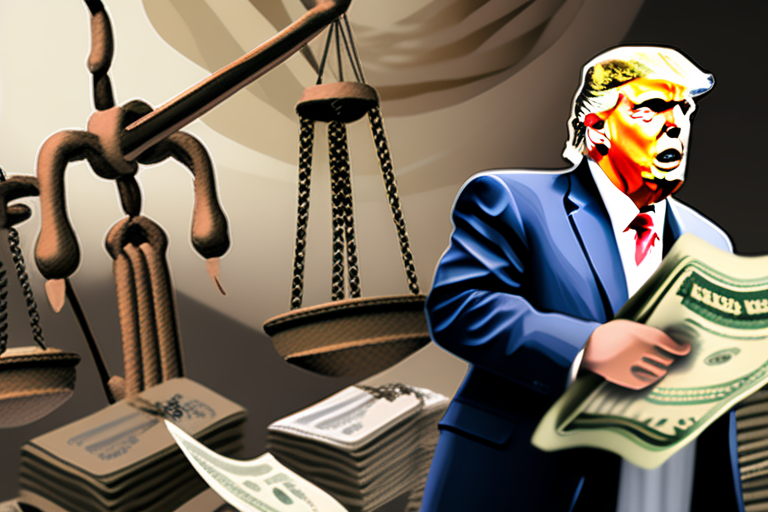



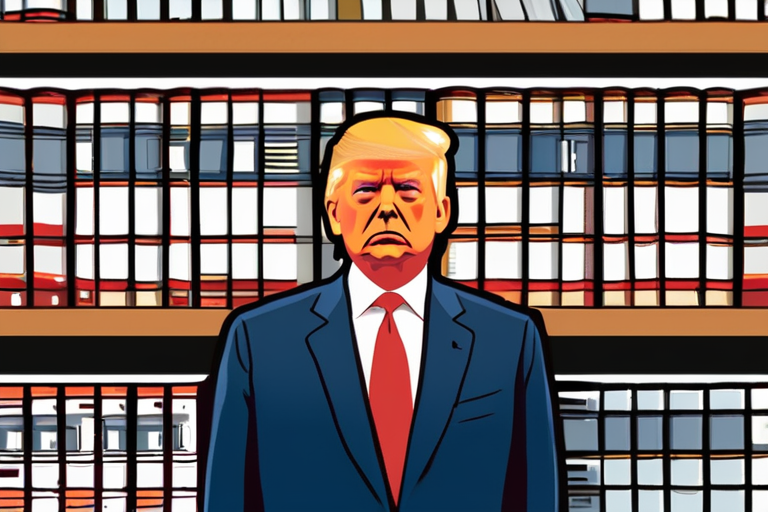
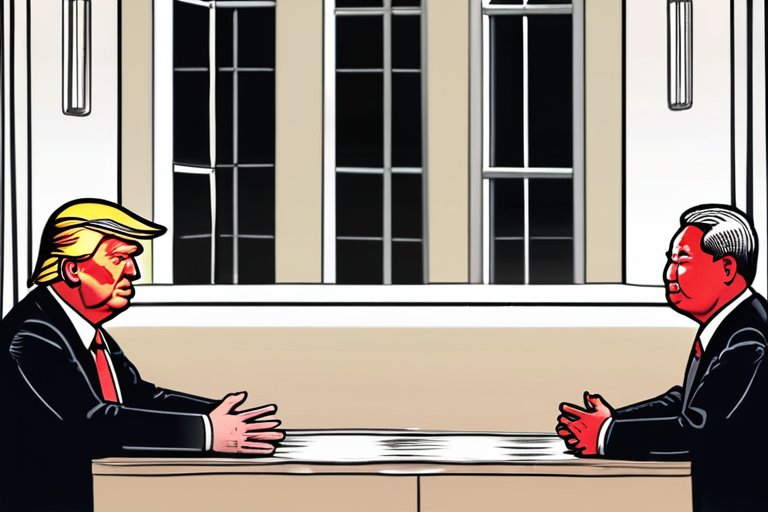

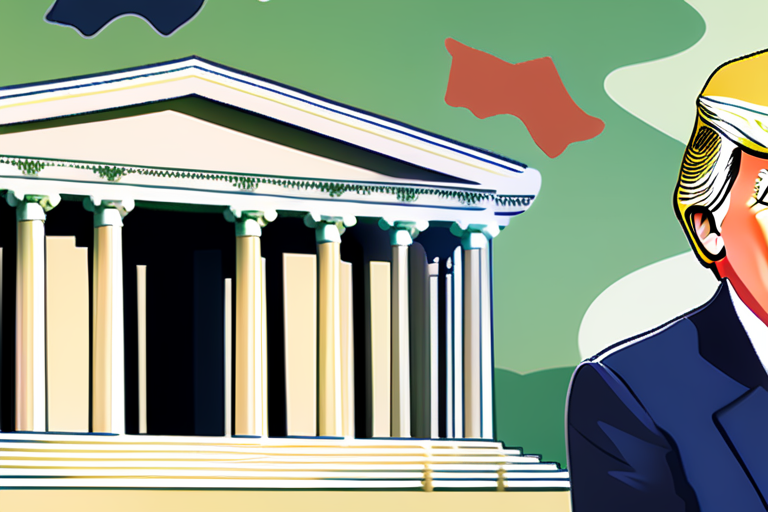




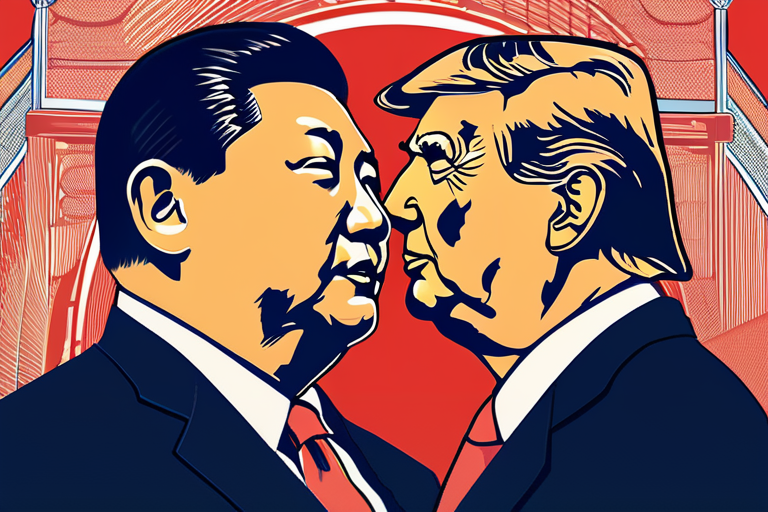


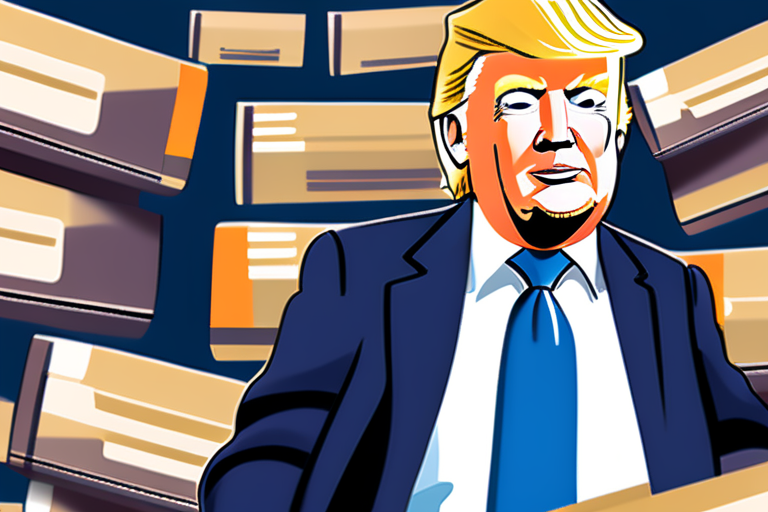

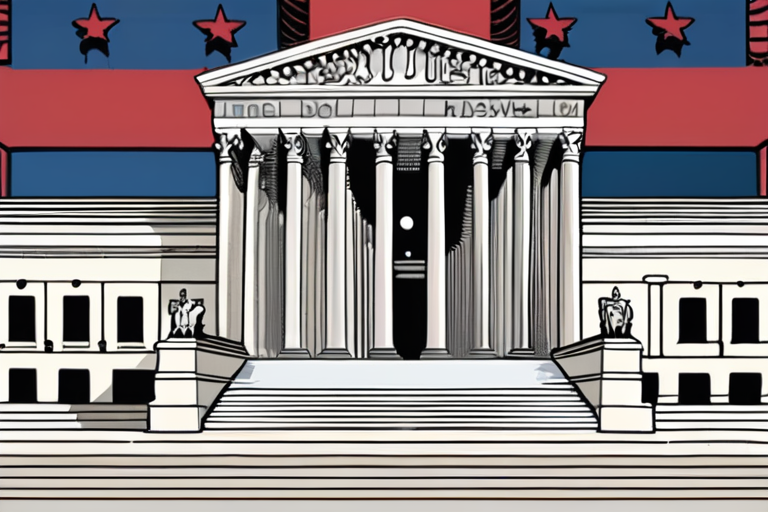



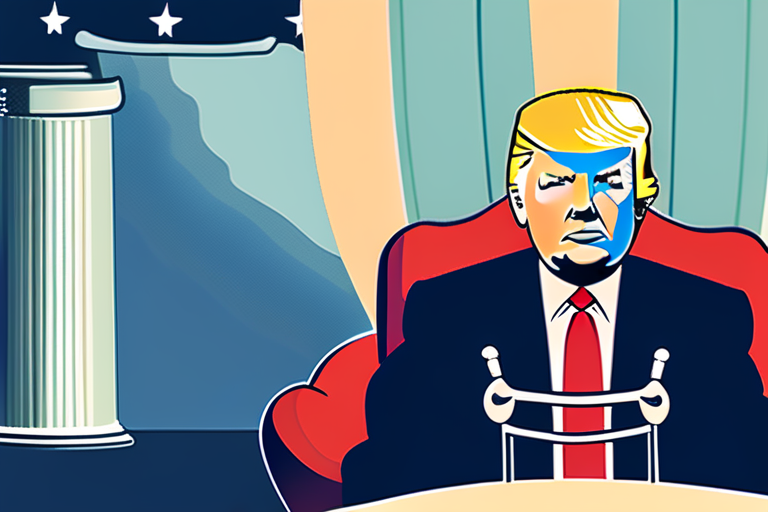

Share & Engage Share
Share this article